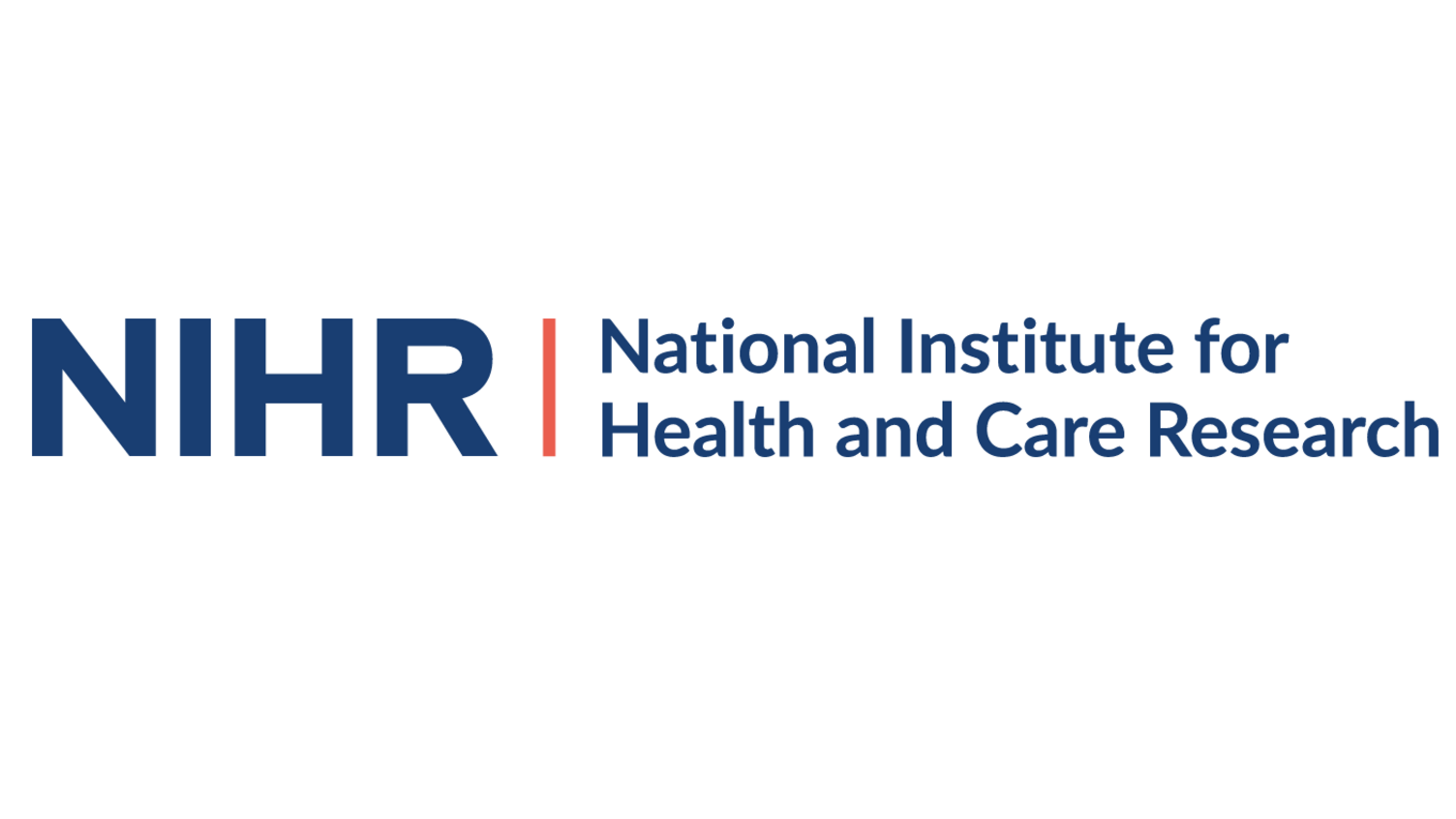New survey launches to identify alcohol-related liver disease research uncertainties
- 22 June 2015
- 4 min read
Today, the NIHR and the British Society of Gastroenterology (BSG) have opened a survey to collect important information to help prioritise unanswered questions about alcohol-related liver disease (ARLD).
The survey gives patients, carers, clinicians and family members affected by the disease an opportunity to have their say and influence future research in the area.
The liver is the main organ that processes alcohol, so heavy drinking over a period of years can lead to potentially life-threatening conditions. Alcohol-related liver disease encompasses a range of liver damage from simple fatty liver, through to fibrosis, cirrhosis, portal hypertension and chronic liver failure, frequently accompanied by sudden episodes of acute or chronic cholestatic liver failure (termed alcoholic hepatitis).
Between 1987 and 2001, UK deaths caused by liver cirrhosis (largely caused by alcohol) increased, as did alcohol consumption levels. Cirrhosis deaths more than doubled over the same period in Scotland alone and are now among the highest in Western Europe.
Alcoholic liver disease has become the most common type of alcohol-related death in England. It accounted for 64 percent (4,441) of all alcohol-related deaths in 2011, and for 65 percent and 62 percent of male and female alcohol-related deaths respectively - most among those aged 50-59 years.
“The number of people with alcohol-related liver disease has been increasing over the last few decades: death rates have risen considerably in this time and alcohol is now one of the most common causes of death in the UK, so this is an important area for research. It’s vital that we listen to the views of patients, carers and clinicians to decide jointly what the priorities for research are in this area, and the NIHR is pleased to support the James Lind Alliance in doing so.”
Set up through a James Lind Alliance (JLA) Priority Setting Partnership (PSP), the project is guided by a steering group and supported by a number of organisations including The British Liver Trust and Alcohol Health Alliance UK. JLA PSPs are about ‘tackling treatment uncertainties together’. Patient/carer organisations and clinician organisations work together to confront uncertainties surrounding the effects of treatments in their area of interest.
The project encourages those who have unanswered questions around the diagnosis, prevention, care or treatment of alcohol-related liver disease to get involved by completing the survey. Some of the ways that you can help make the project a success include: completing the survey; passing on the information to encourage family members, support networks, carers or colleagues to fill in the survey; and circulating copies of the PSP postcard to relevant groups.
The results of the survey will be published in 2016 and will include a ‘top ten’ list of priorities for clinical research, as determined by those people affected.
Please get involved and help put ARLD research in the spotlight.
Please contact us if you have any questions.
“Despite alcohol being the major cause of liver-related death, it has previously been a Cinderella area for research. Only a tiny fraction of the research focus and money spent on research in liver disease has gone into this area. We simply do not know what the best treatments in many situations are, or how to deploy new treatments as they come on stream. The James Lind Alliance is pivotal to changing this by bringing together all the key people affected to identify the key questions we need answers to. This will provide a starting point in the battle to stop the inevitable rise in deaths from alcohol-related liver disease. The British Society of Gastroenterology encourages as many people as possible to contribute to the process, the more input we have the better placed we will be to identify what research questions really will make a difference.”
“From personal experience I know only too well the damage that can be caused by heavy drinking. For a number of years alcohol was the most important thing in my life - in fact was my life, and nothing else mattered. Because of this, my career came to an abrupt end. However, I was fortunate that with a great deal of medical help I was able to detoxify before I suffered irreversible liver damage, but it was a close thing. I am now in recovery and know I am lucky to be here. ARLD is such an important area of research. Through my being on the steering group, I hope to bring the patients’ viewpoints and experiences to the fore, introduce different perspectives and lead to a greater understanding of patients’ needs. It is so important that patients are heard and their pressures, needs, and fears understood. We, the patients, have a lot to contribute and I’m delighted that we have the opportunity to be part of this vital research.”


